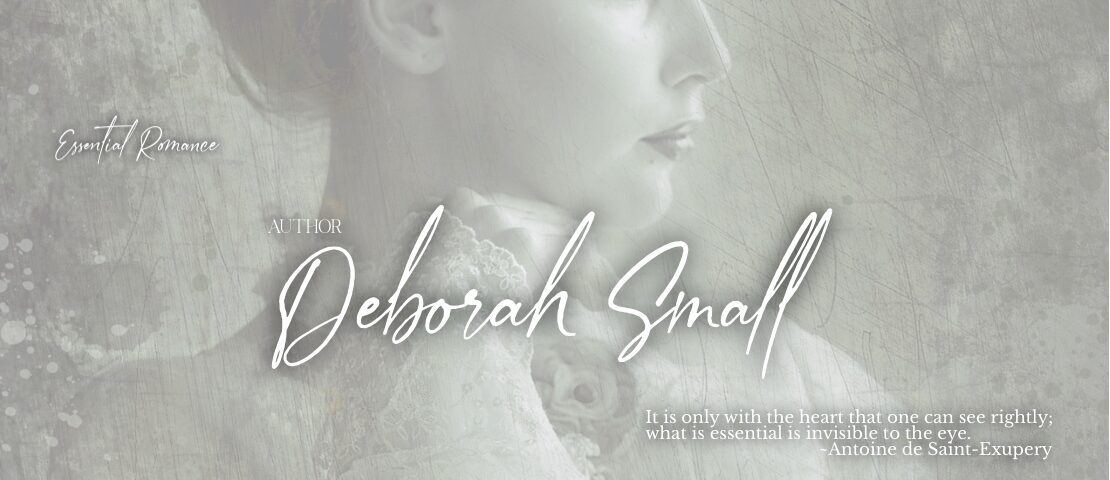Late last week I emailed ARCs of My Dear One to volunteers. One reader has already finished (!), and another contacted me to tell me she’s loving the story–hates the steward–and what is up with the heroine’s formal speech?
Short answer?
She’s British.
And daughter of an English peer.
Rules of etiquette differ depending on time-period, and location. What might to modern North Americans seem overly stuffy, is to some modern Europeans required etiquette. Britain’s upper-class rules of etiquette and dress were even stricter prior to WWI’s decimation of many upper-echelon families, estates, and associated fortunes. 
It’s hard to maintain rigid social observances, and ‘reserve’, when your London townhouse, or country estate’s drawing room, has been converted to a military training outpost, or war room, or is to capacity with piss pots, and pallets of injured soldiers moaning, as the bloodied dressings protecting their amputated limbs are changed; even harder when your land values plummet taking with it your fortune, and your only heir is extinguished in a barrage of machine-gun fire.
My Dear One is set just prior to the world-wide tumult that severed the British aristocracy’s gilded grip on Society; prior to when women entered the workforce in droves in response to Britain’s exodus of male labor and expertise to the battlefields of France and Belgium; prior to when the rigid walls of gender and social-stratum started to crumble, until today, the lines are all but gone, but for a very small populace of British elite left to observe some of the old ways. So, Dianna’s reference to the hero, Jake, as Mr. Douglas, and his to her, as Miss Marshall, for a large part of the story, is not unusual for the time-period. Or for circumstances, in which they find themselves.
Dianna’s behavior and use of formal address serves a bigger purpose, however, than to honor her British peerage upraising; it maintains an invisible barrier, or ‘reserve’, between her and people she’d rather not get attached to, when experience has taught her attachments are formed first for social or financial benefit–and she has no desire to use Mr. Douglas or his family to further her agenda–second, as means of exploitation to bring one to heel (nothing like threat of harm to a loved-one to get one to fall inline); and thirdly, loving attachments cause unimaginable pain when that relationship is severed, for whatever reason. She’s trying to avoid all of the above; she’s trying to protect her heart. It’s learning to trust her heart–to trust Jake–and to trust in Love, that is her Hero’s Journey.
Jake, in contrast, has walked the barren wasteland of great personal loss, and learned the folly of shutting himself away from those who loved, and or cared for him, the most. He’s also grown up on a ranch where death dogs the steps of those too ignorant to accept help or wisdom from those with experience, those wise to danger; too foolish to let slide social propriety in favor of necessity, as he tries to help Dianna understand:
“The longer we quibble over propriety, the greater chance one of us freezes to death. The sooner you help me out of these wet clothes, the sooner I can wrap up in dry ones.”
Jake and Dianna eventually come to an understanding, and she to appreciate his simpler–more honest–manner of communication. And together they…
… battle fate, family, and a society that continues to deny women their independence; they also find love, love tested when Dianna is forced to choose between the life she’s been raised to lead, the child she’s come to love, and man her heart desires.
Deborah 
Life is not orderly. No matter how we try to make life so, right in the middle of it we die, lose a leg, fall in love, drop a jar of applesauce. ~Natalie Goldberg
